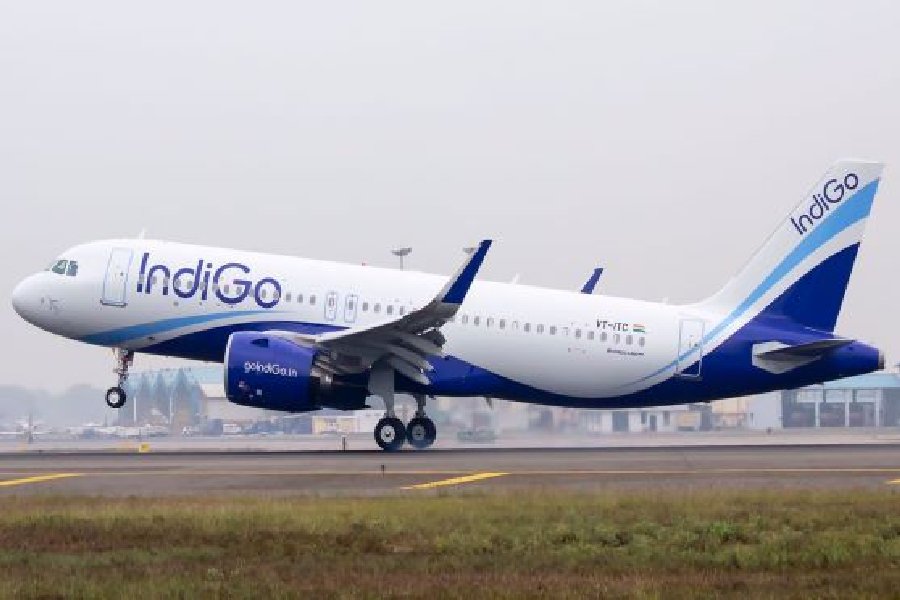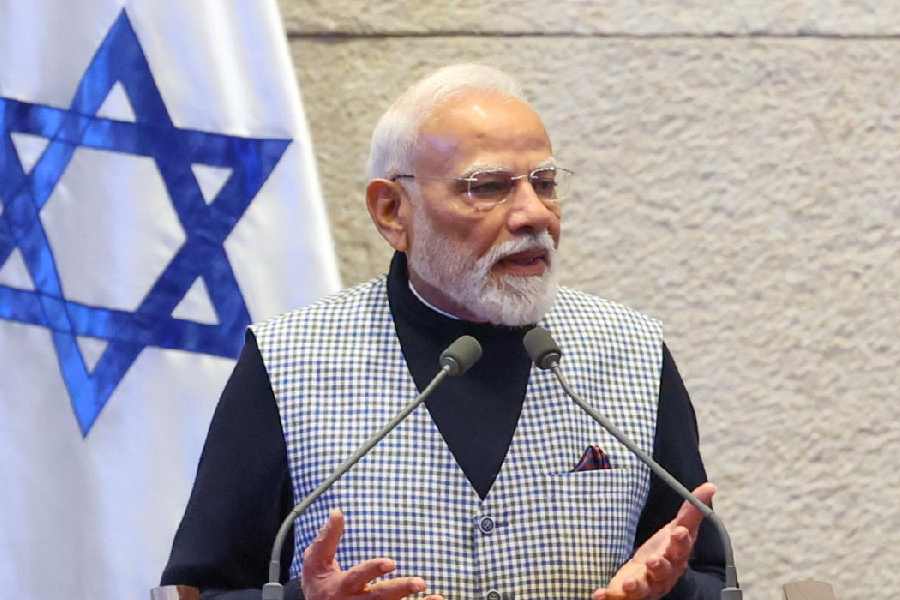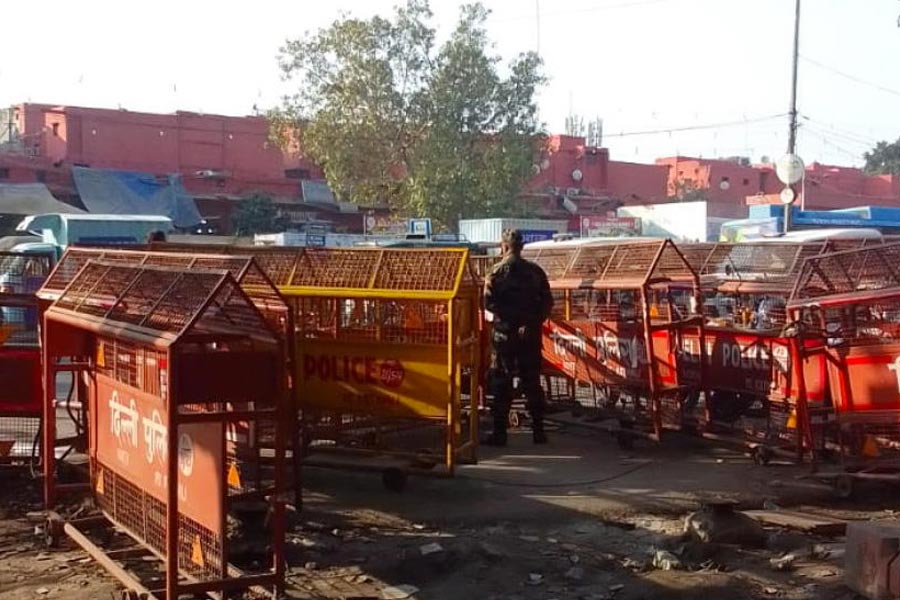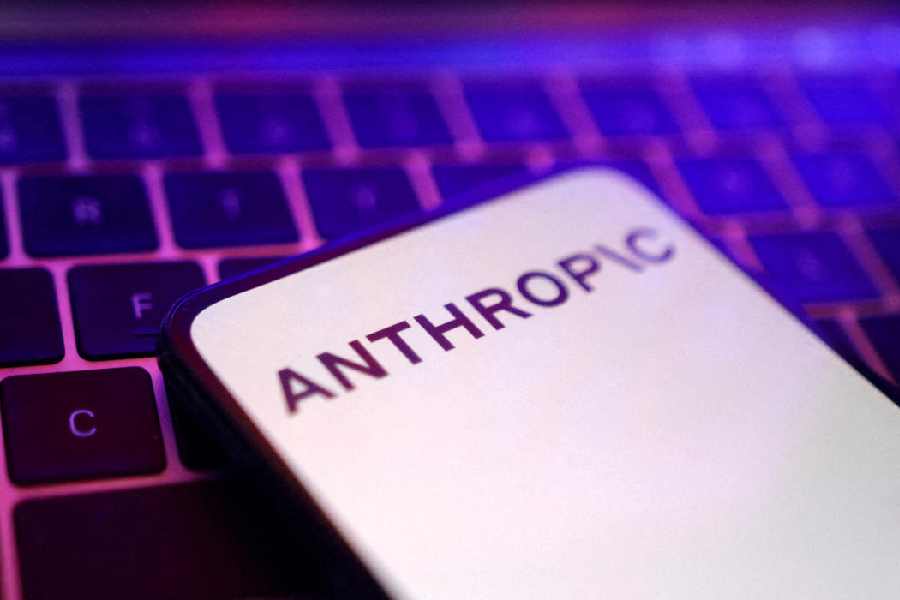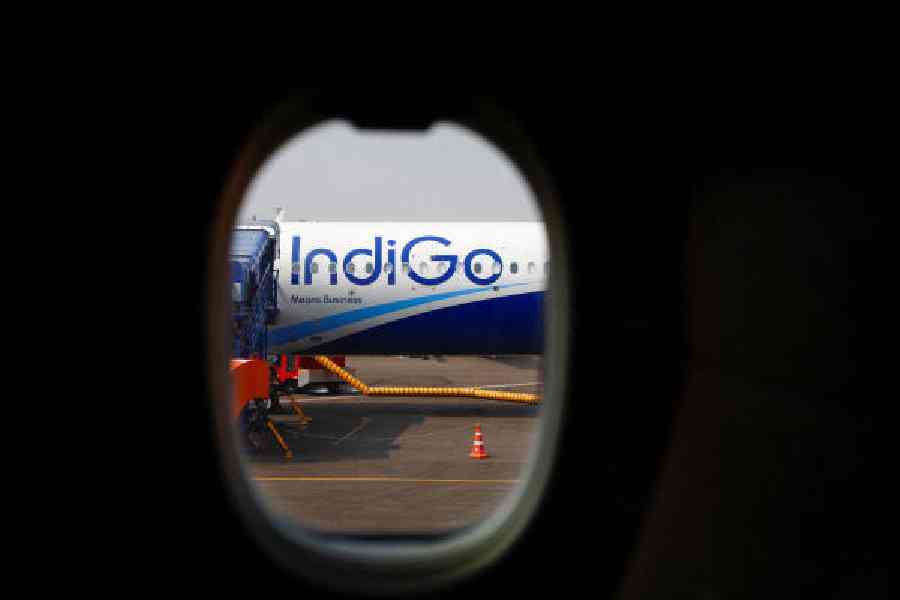Air travel on India’s domestic routes has, in recent weeks, run into turbulence. There have been several incidents of flights getting cancelled, delayed, or rescheduled on account of unfavourable — foggy — weather conditions. The resultant chaos in airports has led to public criticism of airlines: a survey found that the majority of passengers adversely affected by delays and cancellations are of the opinion that the government should make it mandatory for airlines to financially compensate travellers for their inconvenience. In some instances, aggrieved sentiments have led to unwarranted conduct: an irate passenger even assaulted the co-pilot of a private airline on account of a long delay. The Directorate General of Civil Aviation has, in response, issued guidelines to airlines. Given that air traffic is expected to surge to 300 million in the next six years, it would be prudent for the DGCA to ensure that errant airlines adhere to the established protocols or face hefty penalties. On this occasion, the bulk of the public ire has been directed at IndiGo, which, as of 2023, had over 60% of the pie of the domestic airline market. Can it then be argued that IndiGo’s near-monopoly of the aviation market has led to complacency, the result of which are not only a depreciation in the airline’s operational standards but also a concomitant weakening of the passengers’ bargaining rights given the dominance of a single carrier?
The discourse on delays in public transportation has, quite curiously, remained concentrated on tardy airlines. Disruptions in India’s mammoth railway network which routinely get acute during winter seem to have fallen through the cracks. This despite the fact that an estimated — astonishing — 24 million Indians take trains every day. A majority of them, however, do not reach their destinations on time. A Right to Information enquiry has revealed that in 2022-23, up to 1,42,897 passenger trains were delayed, leading to a cumulative 1,10,88,191 lost minutes. The punctuality of passenger trains also remained below the target set by the Railway Board. The data are suggestive of the fact that while delays may be a seasonal phenomenon in aviation, trains, especially those catering to the aam aadmi, remain laggardly perpetually.
Compared to the railways, air travel penetration and its attendant passenger volume are in their nascent stages of development in India. Yet, ruptures in the service of the aviation sector seem to elicit responses, especially in the media and the social media, that are not only shriller but also get amplified with ease. This raises intriguing questions about the representativeness of the discourse on issues of public welfare. Do, or, indeed, should, the interests and the rights of airline passengers, who usually belong to the middle and the upper tiers of the economic pyramid, occupy a disproportionate share of the media narrative? Are the occupants of India’s proverbial Slow Coach on the margins of the discourse on consumer rights? If so, how public is the discourse on public welfare? Honest assessments of these queries could be a reliable indicator of the republic’s commitment to the principle of equality.

